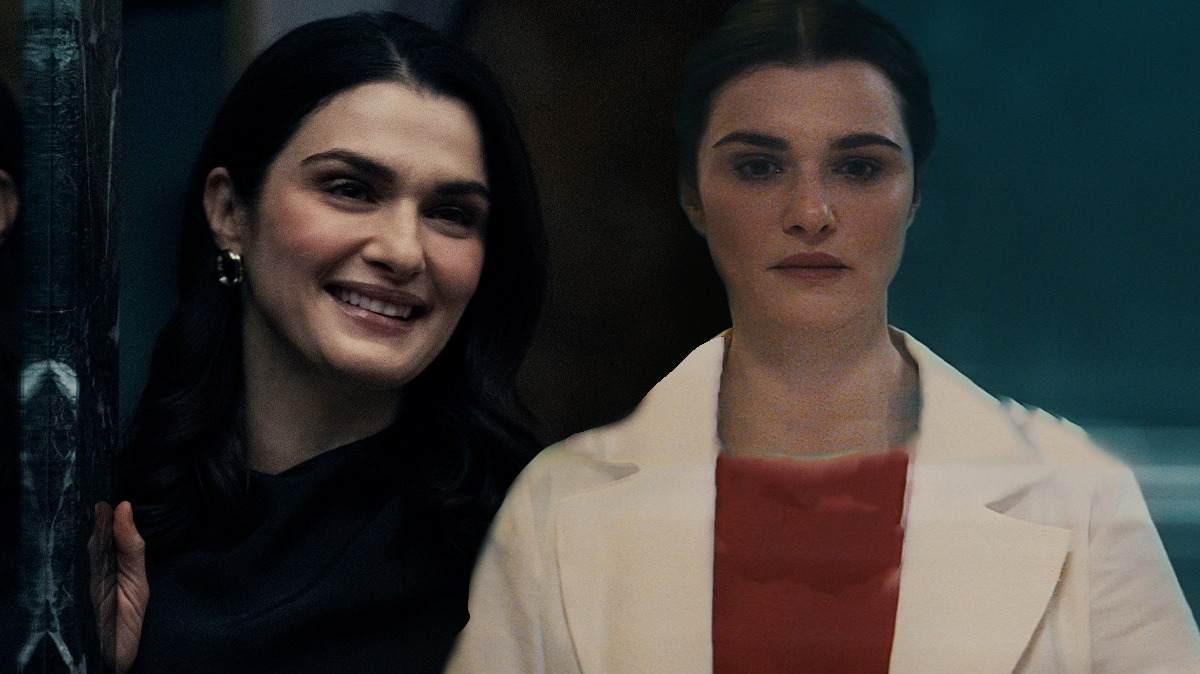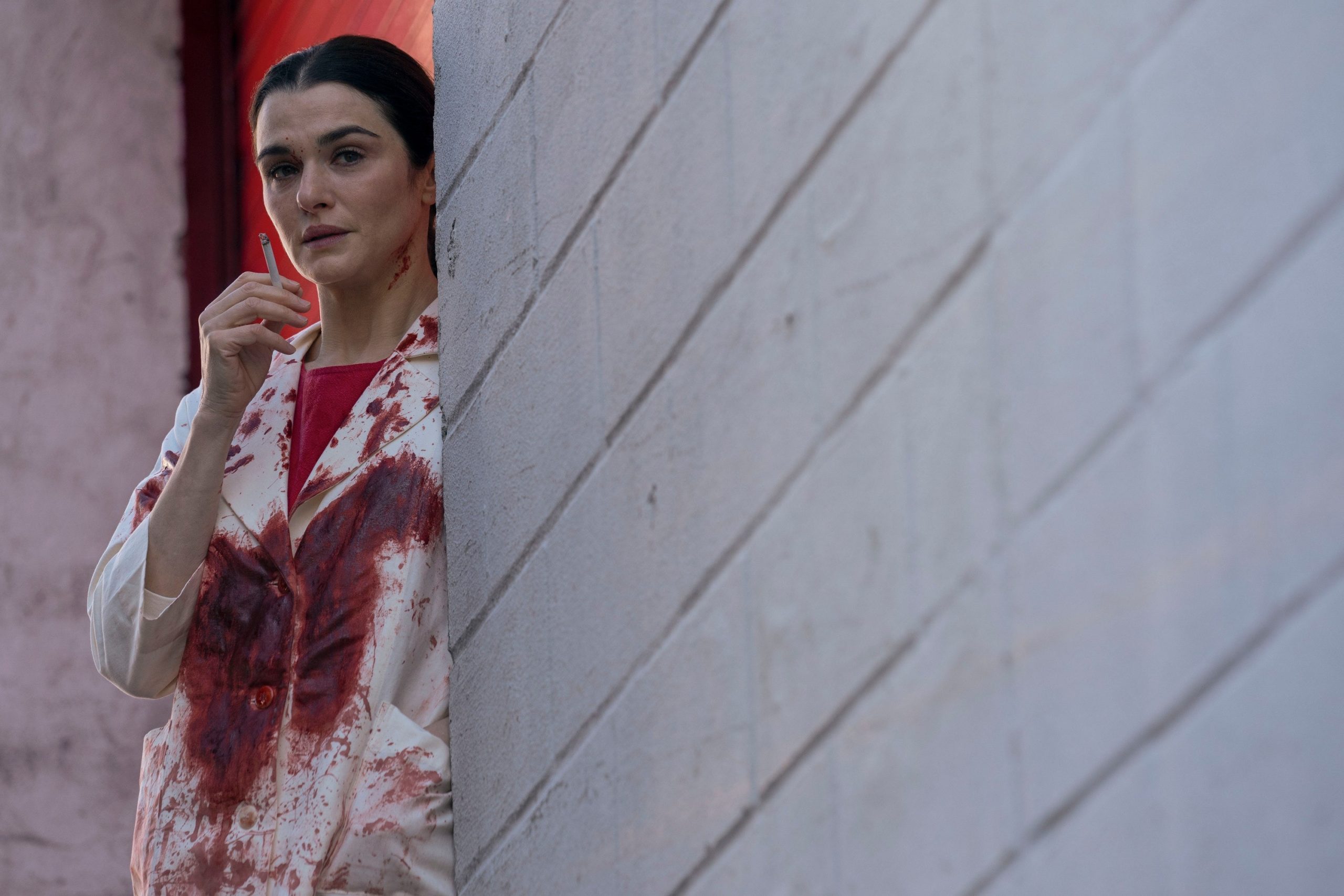The careful selection of each product featured here comes from an Esquire editor’s expertise. It’s worth noting that we may receive a commission from the links included. Here’s what you should know about our process.
In 1976, Esquire published a haunting account of two gynecologists who were found dead under mysterious circumstances in their Manhattan apartment. The exact cause of their deaths remains unclear, though many speculate that a combination of barbiturates and possible mental breakdowns due to withdrawal might have contributed.

The article was titled “Dead Ringers.” A few years later, David Cronenberg adapted this bizarre tale into a film starring Jeremy Irons, which intertwined elements of the original story with the psychosexual dynamics of the twin brothers depicted in the novel “Twins.” Now, after more than 35 years, “Dead Ringers” has made its return to the screen.
A New Take on the Twin Dynamic
The new miniseries on Prime Video features Rachel Weisz portraying twin gynecologists Beverly and Elliott Mantle, but this remake deviates from a straightforward adaptation. Beverly, who is the more reserved twin, grapples with numerous miscarriages and comes to believe she is unable to bear children.
Conversely, Elliot, the more vivacious and sexually adventurous twin, delves into illegal experiments on human embryos, a pursuit that begins to engulf his life.
As their relationship deepens, Elliott develops an unhealthy emotional reliance on Beverly and becomes infatuated with her new girlfriend, Genevieve. It appears that drugs will not be a primary theme in this story.
The situation escalates when the twins inadvertently cause the death of a homeless woman, prompting a medical journalist to publish an exposé on Elliott’s dubious experiments.
To establish her new birthing clinic free from the burden of Elliott’s actions, Beverly decides to cut ties with her brother. However, their separation does not bring them happiness. Eventually, Beverly confides in Elliott about her pregnancy with twins but reveals that she feels unfulfilled and even contemplates ending her life.
A Dark and Twisted Finale
In a controversial twist, the series chooses to kill one twin while allowing the other to survive—this diverges sharply from real-life events. In a shocking climax, Beverly pleads with Elliott to assist her in dying, asking him to assume her identity so she can continue her work unencumbered by her past as “Elliott.”
In a harrowing scene, Elliott performs a C-section on Beverly, allowing her to bleed out after the operation, and then takes on her identity while raising her twins. Unbeknownst to him, Beverly had been attending grief counseling for years to prepare for her death and to provide Elliott with a solid alibi.
Rachel Weisz remarked on the show’s themes, stating, “Women’s bodies are the battlegrounds for various cultural and political viewpoints, which inevitably influenced the story.”
She added, “As the story comes to play, it becomes increasingly operatic, yet it starts in a grounded way, allowing viewers to connect with the characters and address the pressing issues surrounding maternal healthcare, particularly in Episode One.”
To the original Cronenberg film, where the male twins do not experience pregnancy and meet their end in a drug-induced frenzy, this miniseries offers a different interpretation.
In the film, one brother inadvertently kills the other with gynecological instruments, finally dying from withdrawal in his sibling’s arms.
While neither portrayal aligns with the true circumstances of the twins’ deaths—shrouded in mystery that could involve barbiturates or a potential suicide pact—Hollywood has long portrayed twins as inherently complex and abnormal figures.



